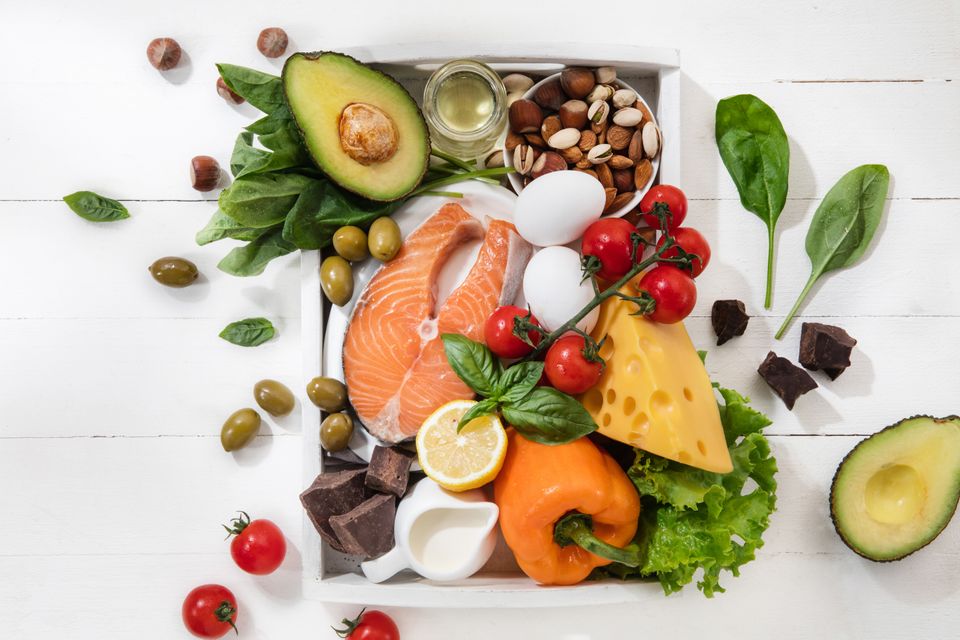Are Equities like Carbohydrates?
Introduction
When it comes to achieving financial health, there's a striking analogy that we couldn't help but notice – asset allocation is much like planning a balanced diet. Imagine your financial portfolio as a banquet spread, and each asset class as an essential dietary component. To unravel this intriguing analogy, we'll delve into the LinkedIn post by one of our senior employees at Stack Wealth, equating various asset classes with vital nutrients. This approach simplifies the intricate world of finance and provides a clear blueprint for making informed investment decisions.
Equities (Stocks) - Carbohydrates
Equities, often represented by stocks, are the carbohydrates of your financial diet. Just as carbohydrates supply energy to your body, stocks provide the potential for high returns in your portfolio. However, they come with a caveat – higher risk. Much like carbohydrates, which are vital but should be consumed in moderation, stocks should be a part of your portfolio, but the key is not to go all-in if you're not comfortable with the volatility.
Bonds - Proteins
Bonds are the proteins of your financial diet. Just as proteins support muscle growth and provide stability, bonds offer a steady income stream and act as the backbone of your portfolio. They provide financial security, just as proteins support physical well-being.
Real Estate - Fiber
Real estate investments serve as the fiber in your financial diet. Like fiber, they add diversity and stability to your financial portfolio. Real estate can generate rental income, similar to fiber aiding digestion, and appreciate over time, making it a valuable, long-term asset.
Cash and Equivalents - Vitamins and Minerals
Cash, money market funds, and equivalents are your financial vitamins and minerals. They provide liquidity and act as a safety net, much like vitamins and minerals support various bodily functions. Cash ensures you can cover unexpected expenses or seize opportunities in your financial life.
Alternative Investments - Antioxidants
Alternative investments, such as hedge funds, private equity, or cryptocurrencies, can be compared to antioxidants. They offer the potential to counteract market volatility and provide unique benefits. However, they should be consumed sparingly due to their higher risk and complexity.
International Diversification - A Varied Diet
Diversifying your portfolio globally is like enjoying a varied diet. Just as different cuisines offer diverse flavors and nutrients, international investments reduce risk by spreading it across various economies and markets.
Risk Tolerance - Personalized Diet Plans
Your risk tolerance is akin to individual dietary needs. Just as some people can handle spicy food (higher-risk assets), while others prefer milder options (lower-risk assets), asset allocation should align with your risk appetite. The right mix of assets ensures your portfolio matches your financial objectives.
Rebalancing - Regular Health Checkups
Periodically rebalancing your portfolio is akin to regular health checkups. It ensures your asset mix stays aligned with your financial goals and risk tolerance, just as checkups help you monitor your physical health.
Conclusion
In conclusion, asset allocation is the recipe for a healthy financial future. Just as a balanced diet promotes overall well-being, a well-diversified portfolio tailored to your financial objectives is key to achieving your long-term financial goals while managing risk effectively. At Stack Wealth, we understand that the right mix of assets is crucial for your financial health. Our premium platform offers a wide array of assets, from mutual funds to bonds and P2P investments, to help you create your unique "wealth diet." Much like maintaining a balanced diet for your physical well-being, managing your assets thoughtfully is essential for a prosperous financial future. So, let's start planning your wealth diet today!


